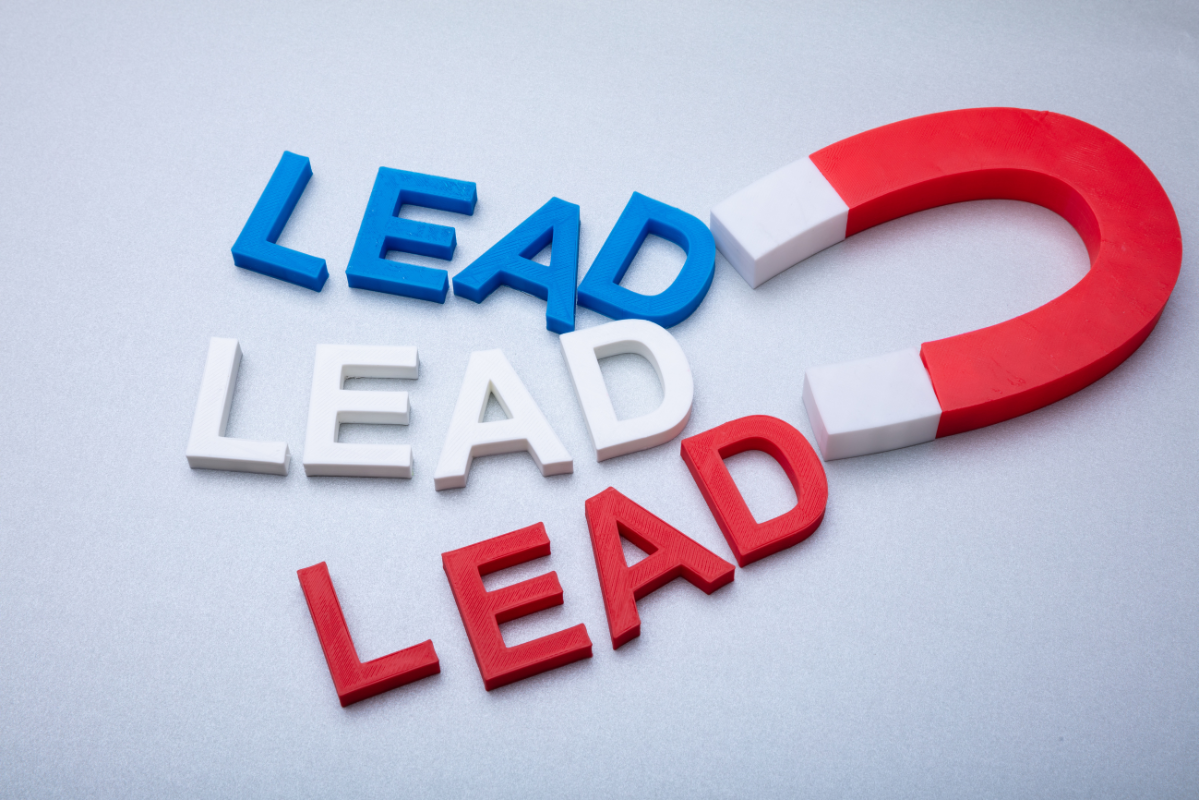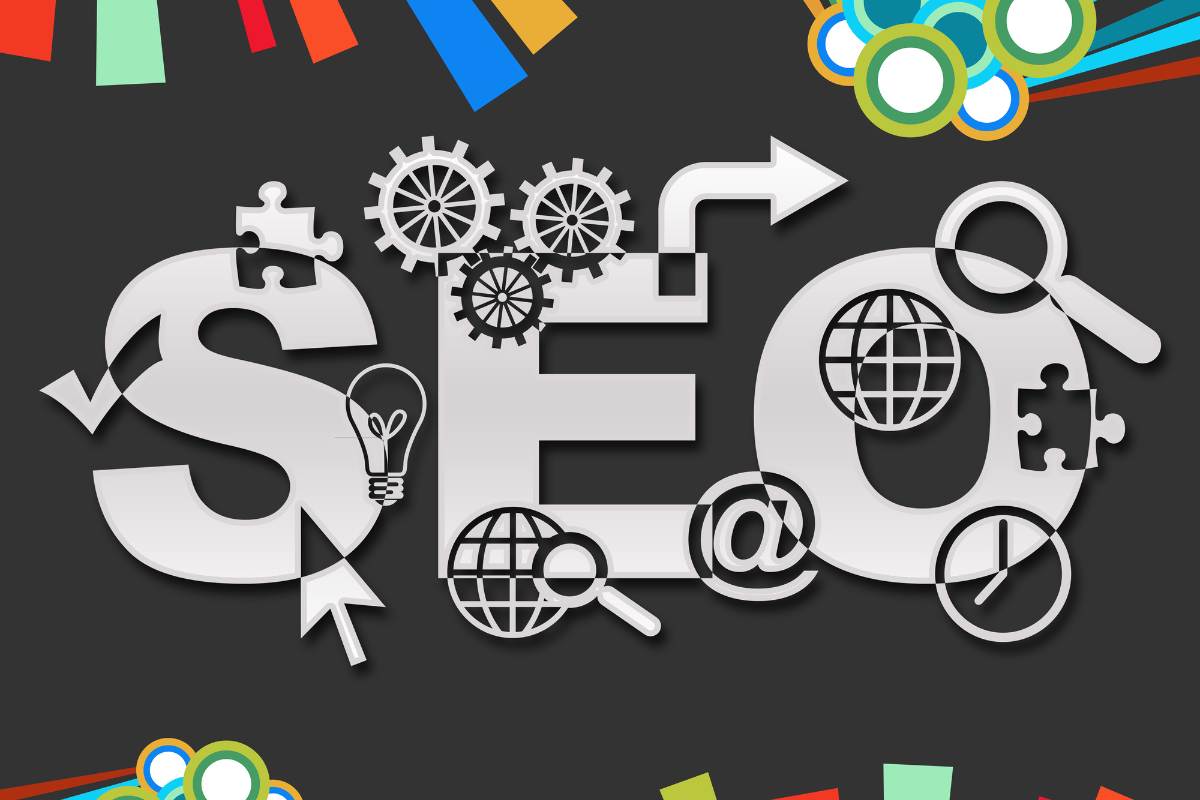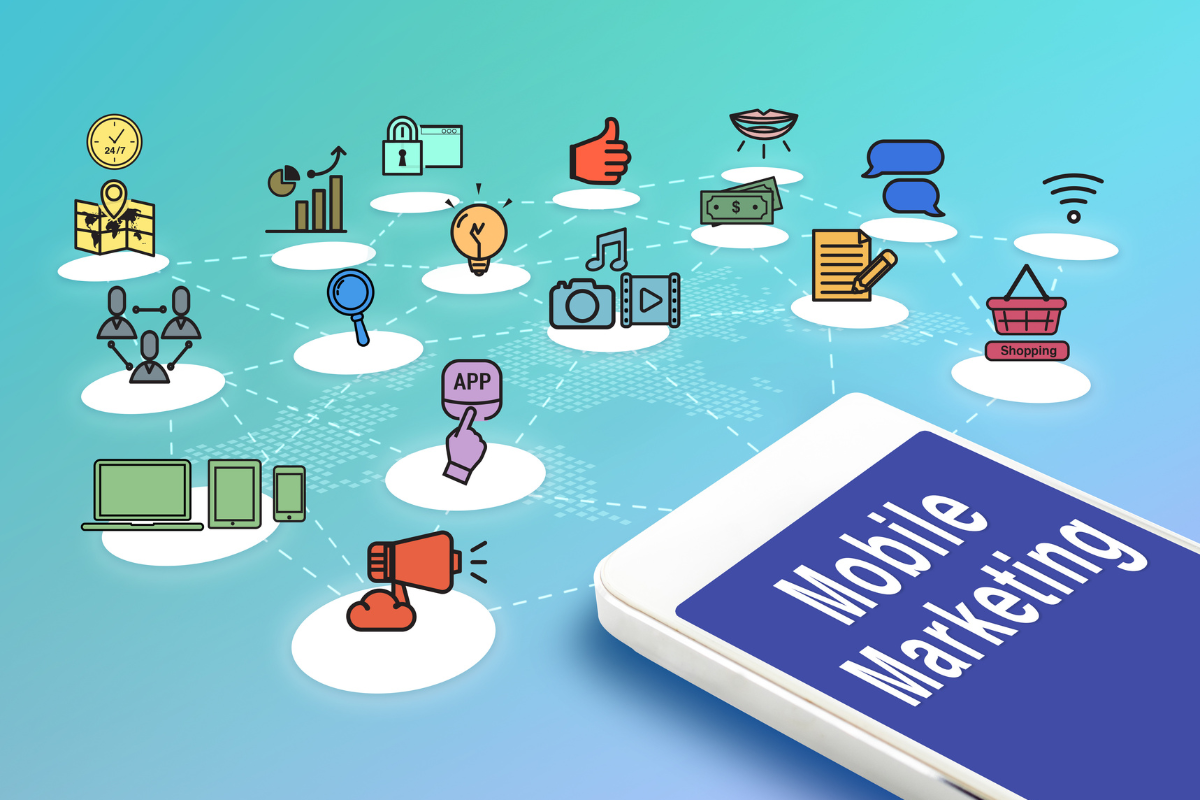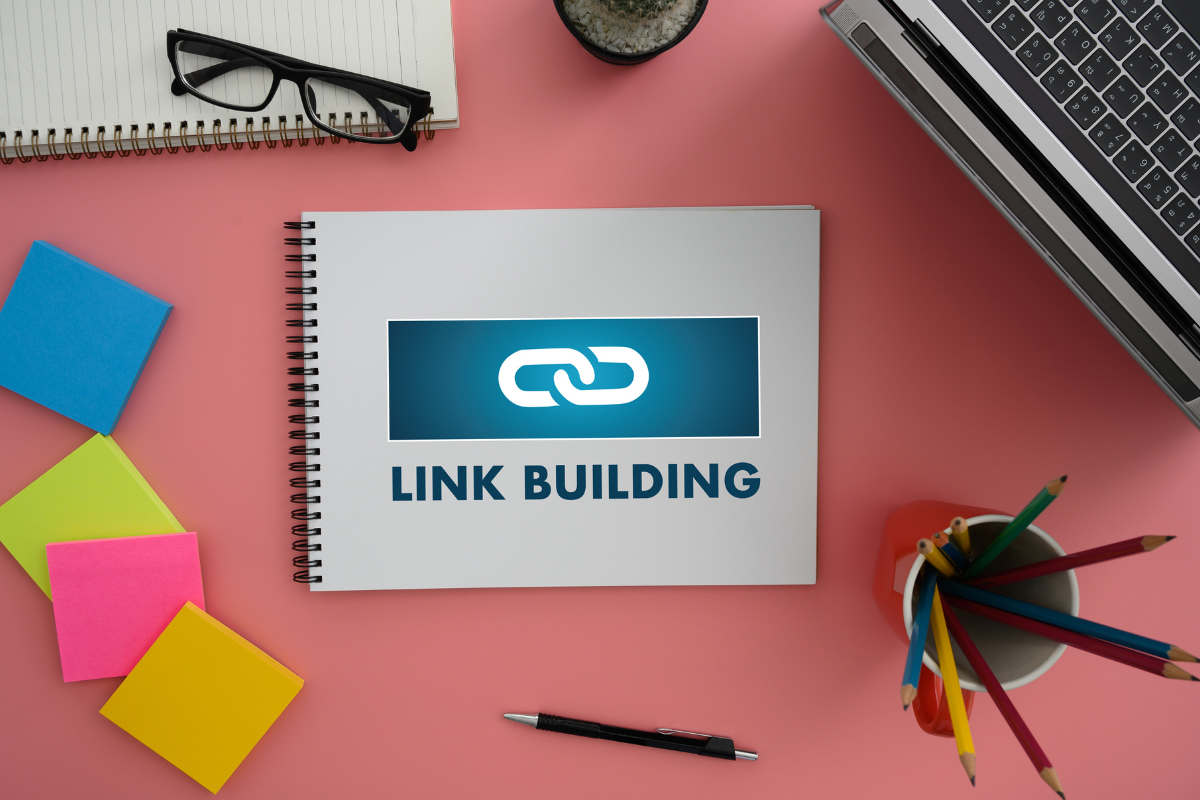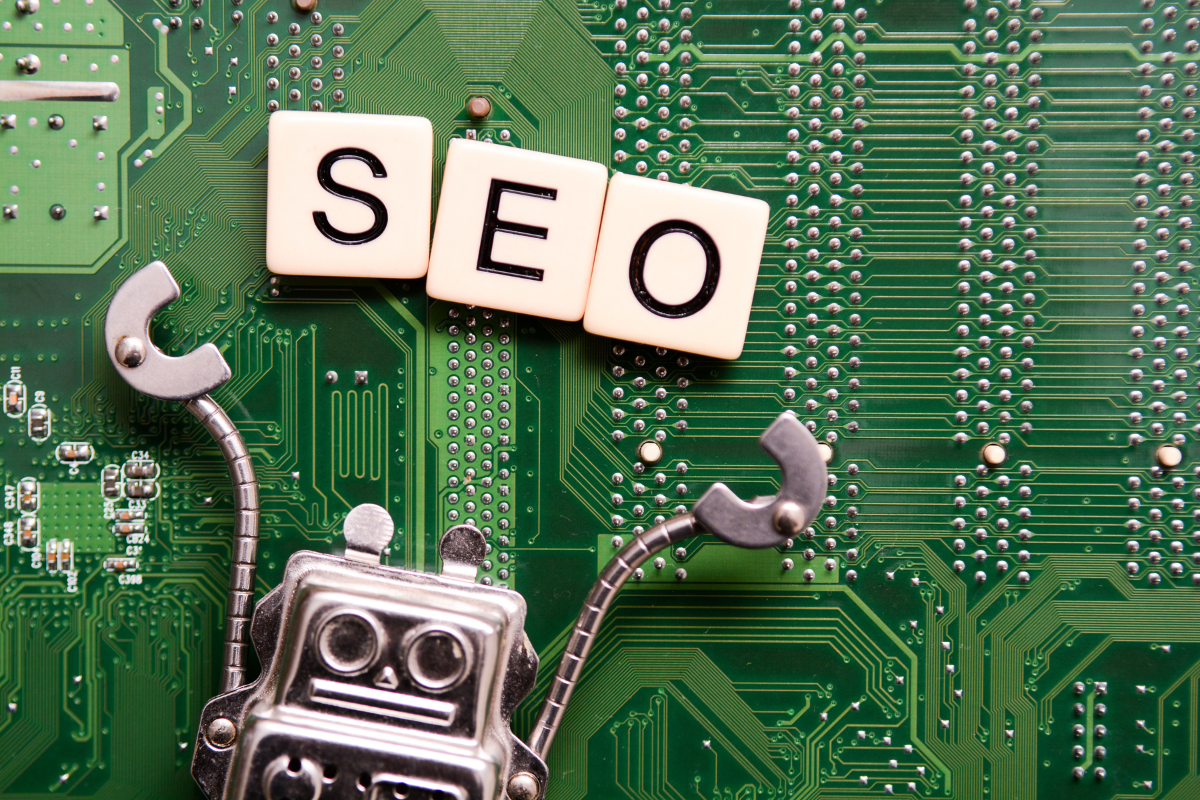
Post Title
SEO vs PPC: When to Invest in Organic vs. Paid Traffic
October 11, 2024
Choosing between SEO (Search Engine Optimization) and PPC (Pay-Per-Click) can feel tricky in digital marketing. Many business owners and marketers find themselves wondering which approach will deliver the best results for their specific goals. That’s where Visio SEO comes in!
As a full-service marketing agency, we're here to walk you through the key differences, benefits, and costs of SEO vs PPC. We'll help you understand when it makes sense to invest in organic traffic versus paid ads and how to make each approach work for you.
What is SEO?
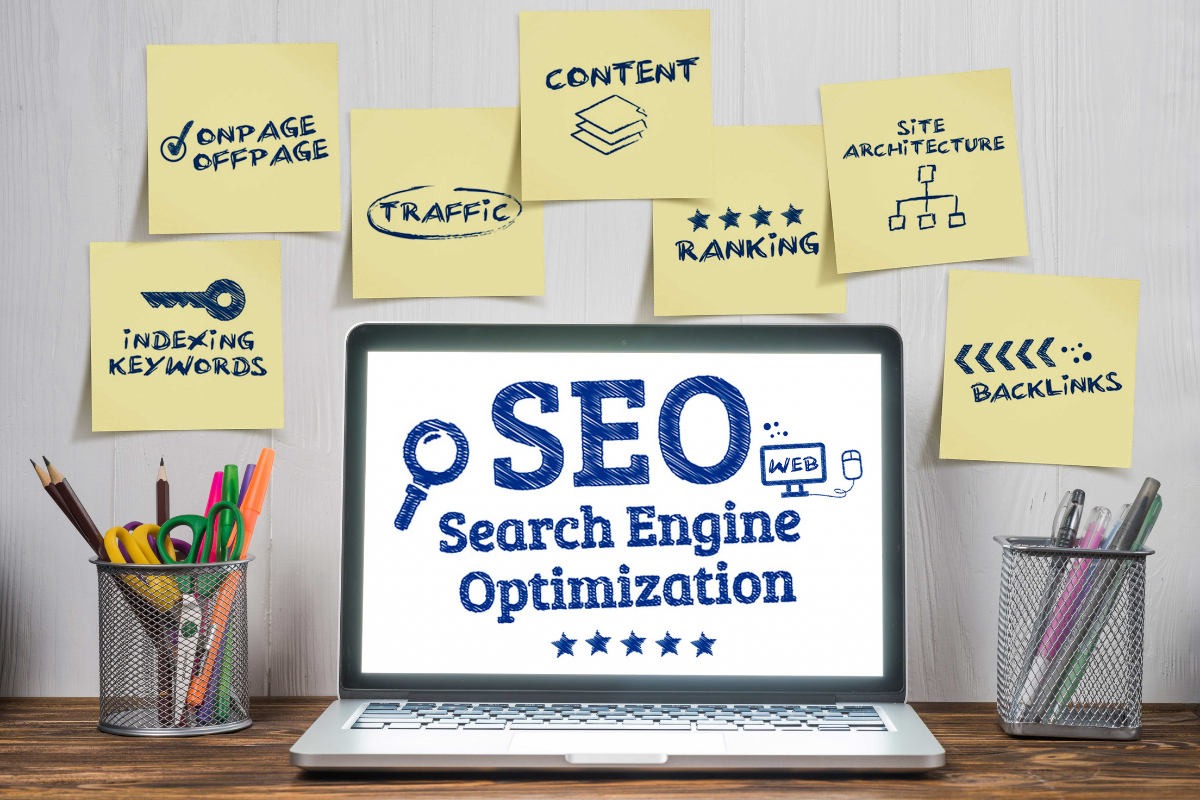
Search Engine Optimization (SEO) is the process of enhancing a website's visibility in organic (unpaid) search engine results. The goal is to rank higher for specific keywords and attract more relevant traffic.
SEO involves several key techniques, such as keyword research to find terms people are searching for, on-page optimization to make content more accessible and relevant to both users and search engines, and
link-building to establish authority through external references. By aligning your website with search engine algorithms, SEO helps increase visibility and drive organic traffic.
Benefits of SEO
- Increased Organic Traffic: SEO helps your website rank higher in search results, driving more visitors without relying on paid ads.
- Cost-Effective Marketing: Unlike pay-per-click (PPC) campaigns, organic traffic through SEO doesn’t incur ongoing costs, making it a sustainable long-term strategy.
- Improved User Experience: SEO encourages websites to be more user-friendly by improving loading speeds, mobile responsiveness, and navigation.
- Higher Credibility and Trust: Ranking higher organically gives your website a sense of authority, which increases trust with users.
- Better ROI: Since SEO targets users actively searching for your products or services, the leads generated are more relevant, increasing conversion potential.
- Competitive Advantage: Outranking competitors for valuable keywords helps you capture more market share.
- Long-Term Results: While SEO takes time, its effects are long-lasting, ensuring continued traffic once your website is optimized.
- Local Visibility: Local SEO boosts your business’s visibility in specific geographic areas, making it easier for nearby customers to find you.
- Insightful Data and Analytics: SEO tools provide valuable insights into customer behavior, helping you refine marketing strategies.
Drawbacks of SEO
- Takes Time to See Results: SEO is a long-term strategy, often requiring months before significant improvements in rankings and traffic are visible.
- Constantly Changing Algorithms: Search engines, especially Google, frequently update their algorithms, meaning SEO strategies may need constant adjustment to stay effective.
- High Competition: Popular keywords often have high competition, making it difficult for new or small websites to rank against well-established sites.
- Requires Ongoing Effort: In terms of SEO vs PPC, SEO isn’t a one-time task; it requires continuous optimization, content updates, and link-building to maintain or improve rankings.
- Uncertain Outcomes: SEO efforts are not guaranteed to result in top rankings or the desired amount of traffic, as search engines prioritize relevance and authority.
- Limited Control: Unlike paid advertising, where you control visibility, SEO relies on external factors (e.g., search engine algorithms and user behavior), which limits direct influence.
- Initial Investment: While organic traffic is free, achieving solid SEO results often requires upfront investments in tools, content creation, and possibly hiring SEO experts.
- Risk of Penalties: Poor or outdated SEO practices (e.g., keyword stuffing, buying links) can lead to penalties, negatively affecting rankings and traffic.
What is PPC?
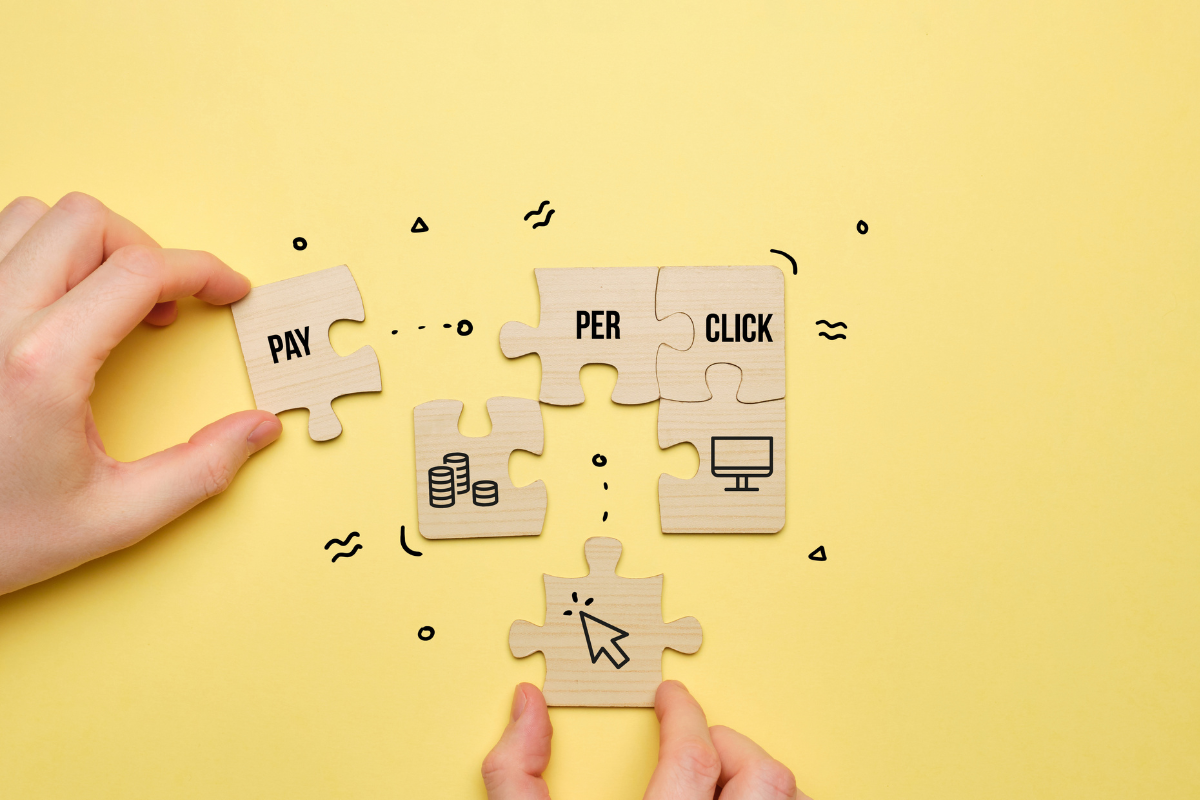
Pay-Per-Click (PPC) is an online advertising model in which businesses pay a fee each time their ad is clicked. This allows businesses to "buy" visits rather than earn them organically. Google Ads is the most widely used PPC platform, enabling advertisers to bid on keywords for their ads to appear at the top of search engine results pages.
With PPC, advertisers can precisely target potential customers based on keywords, demographics, location, and other factors. The effectiveness of a PPC campaign depends on well-researched keywords, a strong ad copy, and strategic bidding. PPC provides immediate visibility and can deliver fast results, making it a popular choice for businesses looking to drive quick, targeted traffic.
Benefits of PPC
- Immediate Results: PPC ads can generate traffic and leads as soon as the campaign is live, offering quick visibility.
- Highly Targeted: You can target ads by keywords, location, demographics, device, and even time of day, reaching your ideal audience.
- Full Control Over Budget: As for SEO vs PPC, PPC allows you to set a budget that fits your business, and you only pay when someone clicks on your ad.
- Measurable ROI: PPC platforms provide detailed analytics, allowing you to track clicks, conversions, and overall campaign performance.
- Scalability: You can easily adjust your campaign budget and scope to match business goals or market conditions.
- Increased Brand Visibility: Even if users don’t click, seeing your ad at the top of search results builds brand recognition.
- Remarketing Capabilities: PPC allows you to re-target users who have already interacted with your site, increasing the chance of conversion.
Drawbacks of PPC
- Costly Over Time: While PPC can generate immediate results, the costs can increase quickly, especially in competitive industries with high keyword prices.
- Requires Constant Monitoring: PPC campaigns need regular adjustments and optimizations to maintain performance and stay within budget.
- No Long-Term Benefits: Unlike SEO, PPC doesn't provide lasting results. Once the campaign stops, so does the traffic, requiring continuous spending.
- High Competition for Popular Keywords: Popular search terms often have higher bidding competition, driving up the cost-per-click (CPC) and making it harder for smaller businesses to compete.
- Click Fraud Risk: Competitors or bots can click on your ads without genuine interest, leading to wasted ad spend.
- Ad Fatigue: Users may become desensitized to seeing the same ads repeatedly, reducing their effectiveness over time.
- Complex Setup: PPC campaigns, especially on platforms like Google Ads, can be complex to set up correctly, requiring expertise in keyword research, ad creation, and bidding strategies.
- Potential for Poor ROI: Without a well-optimized campaign, PPC can lead to a poor return on investment if ads don’t convert into sales or leads.
SEO vs PPC: Which Offers the Best ROI for Your Budget?
Learn whether SEO vs PPC delivers better ROI for your business by comparing costs, benefits, and long-term value.
Search Engine Optimization Cost
The cost of Search Engine Optimization depends on factors like industry competition, the current performance of your website, and the expertise of the SEO agency or specialist. SEO services can start at around $500 per month for businesses in less competitive markets. However, for industries with high competition or businesses requiring comprehensive optimization, costs can range up to $5,000 or more per month.
One-time SEO audits or project-based services may also be available. While SEO requires ongoing investment, it can deliver significant long-term value by driving organic traffic and improving visibility.
Pay Per Click Cost
Pay-per-click costs vary based on factors such as industry, keyword competitiveness, and the quality score of your ads. On average, businesses can expect to pay between $1 and $2 per click, but in highly competitive industries like legal services, finance, or insurance, the cost per click (CPC) can exceed $50. The higher the competition for specific keywords, the more expensive it becomes to maintain visibility.
PPC platforms like Google Ads reward well-optimized ads with lower CPCs through their quality score system, which evaluates ad relevance, landing page experience, and expected click-through rate.
Organic SEO vs PPC: Making the Right Investment Decision for Your Business
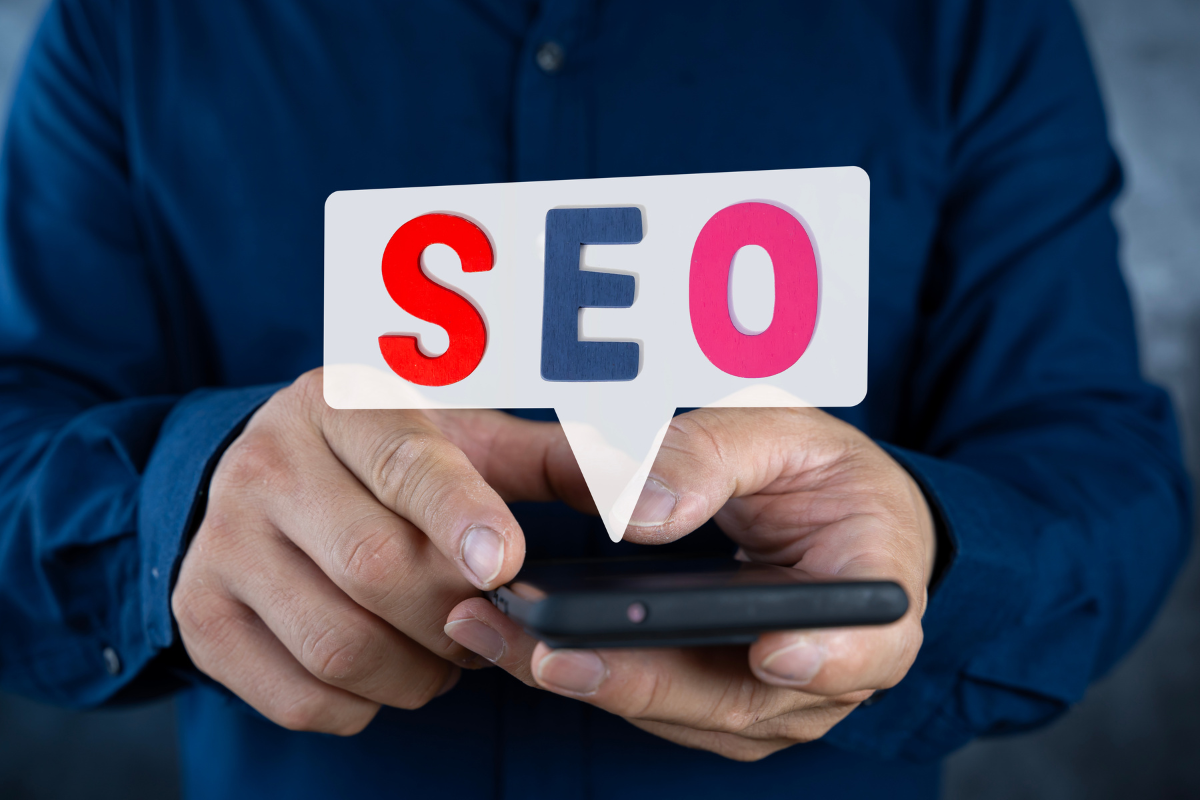
Explore the differences between organic SEO vs PPC to determine the best investment for your business growth.
When to Invest in SEO?
- Long-Term Growth: Invest in SEO if you’re aiming for sustainable, long-term traffic growth and brand visibility without ongoing ad spend.
- Cost Efficiency: When you want a cost-effective strategy where once optimized, you continue to benefit from organic traffic without recurring payments per click.
- High Competition in PPC: If PPC costs are prohibitive or competitive, SEO offers a more economical alternative for gaining visibility.
- Established Website: When your website is already in decent shape and you want to build on existing traffic with better optimization and content.
- Targeting Specific Keywords: If you want to rank for specific keywords and phrases that align with your long-term business goals and attract organic leads.
- Building Authority: When your goal is to establish your brand’s authority and credibility over time through high-quality content and backlinks.
- Local Market Focus: For businesses targeting local audiences, local SEO can help increase visibility in your specific geographic area.
- Content-Focused Strategy: If you have the resources to create quality content consistently, SEO can help you build authority and drive organic traffic.
When to Invest in PPC?
- Immediate Results: When you need quick visibility and traffic, PPC campaigns can start driving clicks and leads as soon as they launch.
- High-Competition Keywords: If you’re targeting high-competition keywords where SEO would be slow or costly, PPC provides faster access to top search positions.
- Promotional Campaigns: For short-term promotions, product launches, or events where immediate exposure and traffic are crucial.
- Testing and Data Gathering: When you want to test different keywords, ad copies, or audience segments gather data quickly and refine your marketing strategies.
- Geographic Targeting: When you need to reach specific geographic locations or demographics that are challenging to target effectively through organic means.
- Controlled Budget: If you have a flexible budget and want precise control over spending and targeting, PPC offers detailed management and reporting.
- Remarketing: To re-engage users who have previously visited your site but didn’t convert, driving them back with tailored ads.
Choosing Between SEO vs PPC: Essential Questions to Ask Before Investing
Choosing between SEO vs PPC requires careful consideration of your business needs and goals. Before investing, ask yourself these essential questions:
- What are my long-term goals? SEO is ideal for sustainable growth, while PPC offers immediate visibility.
- What is my budget? SEO involves ongoing optimization costs, while PPC requires a continuous ad spend.
- How quickly do I need results? SEO takes time to show results, whereas PPC delivers instant traffic.
- What is the level of competition in my industry? High competition may warrant PPC for quick entry, while SEO can build long-term authority
- Do I need to test keywords or target specific demographics? PPC allows precise targeting and testing, while SEO focuses on broader, organic reach.
SEO Meets PPC: Effective Ways to Integrate SEO vs PPC for Optimal Results
Integrating SEO vs PPC strategies can significantly enhance your online marketing efforts. By doing so, you can achieve a comprehensive approach that maximizes both immediate and long-term results. Here’s how to effectively combine them:
- Unified Keyword Strategy: Use PPC data to identify high-performing keywords and integrate these insights into your SEO strategy for targeted optimization.
- Enhanced Visibility: Combine SEO’s long-term organic presence with PPC’s immediate visibility to dominate search engine results pages (SERPs) and increase overall traffic.
- Cross-Channel Testing: Leverage PPC campaigns to test ad copy and landing page performance, then apply successful elements to your SEO efforts to improve user experience and conversions.
- Remarketing Opportunities: Use PPC remarketing to re-engage visitors who came through organic search but didn’t convert, driving them back to your site with targeted ads.
- Data Sharing: Analyze PPC metrics to gain insights into user behavior and preferences, which can inform SEO content creation and keyword selection for better alignment.
SEO or PPC: Which Is Right for Your Business?
Deciding between SEO vs PPC advertising depends on your business needs, budget, and goals.
SEO focuses on improving your website’s organic search ranking through on-page optimization,
content creation, and link-building. It's a long-term strategy that offers sustainable growth and cost-effective traffic once your site achieves good rankings. However, SEO requires patience, as significant results can take months to achieve.
PPC, on the other hand, provides immediate results by placing your ads at the top of search engine results. It’s ideal for quick visibility, promotional campaigns, or targeting high-competition keywords. PPC allows precise targeting and budget control, but it requires ongoing investment, as traffic stops when the campaign ends.
Choose SEO for long-term, sustainable traffic and a cost-effective approach over time. Opt for PPC if you need rapid results, immediate visibility, or want to test specific keywords and audiences. Combining both strategies can also be effective, maximizing your online presence and reaching your target audience through multiple channels.
SEO vs PPC: Make Both Work for You with Visio SEO!
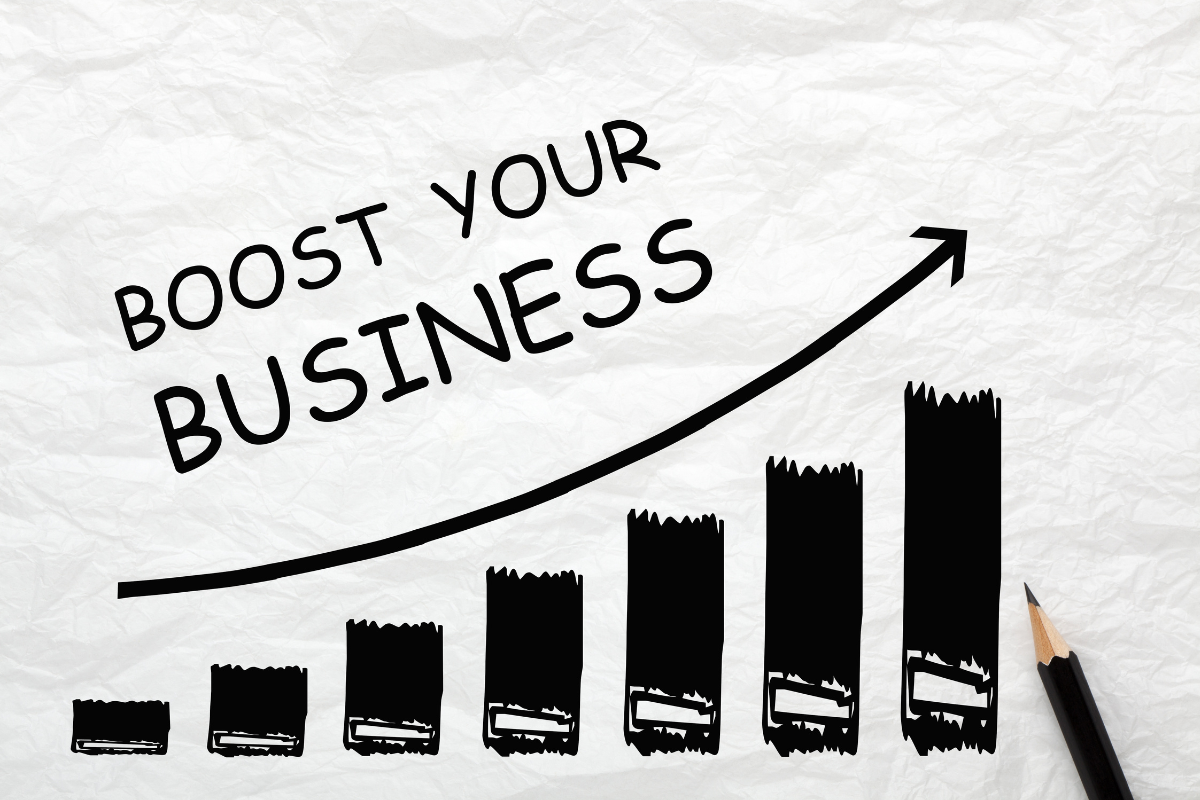
Deciding between SEO vs PPC comes down to your specific goals, budget, and timeline. SEO is great for long-term growth and is more cost-effective over time, while PPC delivers quick results and allows you to target your audience with precision. For many businesses, a mix of both can bring the best results.
At Visio SEO, we specialize in blending SEO vs PPC strategies to maximize your digital marketing impact. With our guidance, you can tap into the strengths of both approaches and watch your business thrive in today’s competitive market.
Not sure which option suits you best? Reach out to Visio SEO and let’s find the perfect strategy together!
Contact Us
Contact Us
We will get back to you as soon as possible
Please try again later
Subscribe to Our Newsletter
Stay up to date with our latest offers and promotions by signing up now!
Contact Us
We will get back to you as soon as possible.
Please try again later.

We are the premier digital marketing solution in Elgin. Contact us today to get your free, no-obligation consultation!

